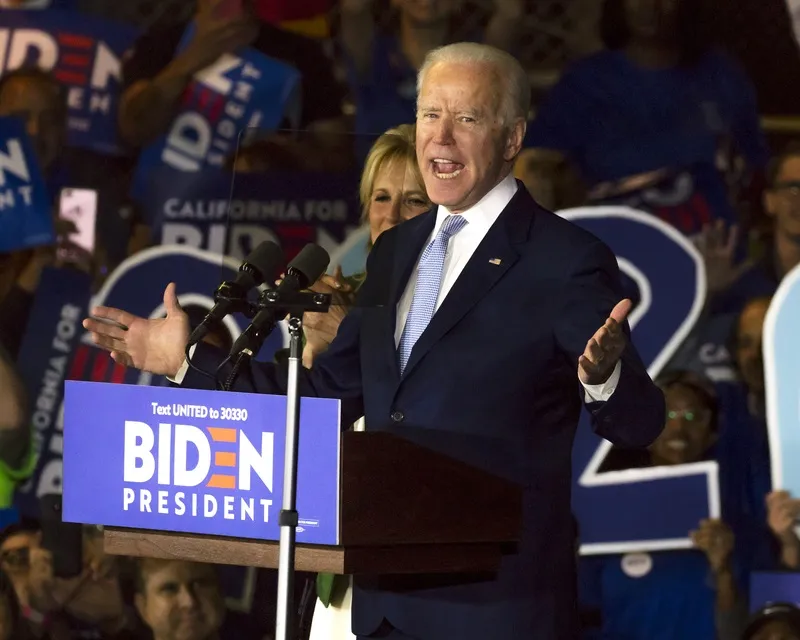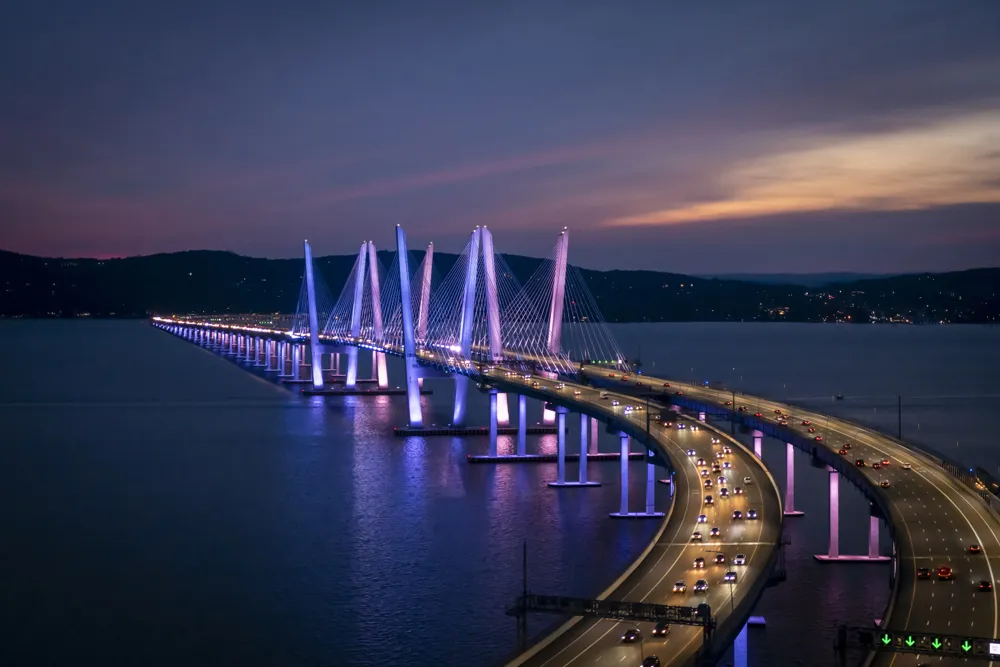The International Bridge, Tunnel and Turnpike Association (IBTTA) has awarded the Roads & Transport Authority (RTA) of Dubai the prestigious 2014 Toll Excellence Award in Technology for its expansion of the Salik toll system, implemented by TransCore. The award was presented at IBTTA’s 82nd annual meeting in Austin, Texas.
Already home to the world’s widest open-road tolling zone spanning seven lanes in a single direction, RTA’s objectives were to reduce growing traffic congestion, encourage use of alte
September 16, 2014
Read time: 2 mins
RSSThe International Bridge, Tunnel and Turnpike Association (63 IBTTA) has awarded the Roads & Transport Authority (RTA) of Dubai the prestigious 2014 Toll Excellence Award in Technology for its expansion of the 1700 Salik toll system, implemented by 139 TransCore. The award was presented at IBTTA’s 82nd annual meeting in Austin, Texas.
Already home to the world’s widest open-road tolling zone spanning seven lanes in a single direction, RTA’s objectives were to reduce growing traffic congestion, encourage use of alternative routes, and maintain open lane operations during maintenance and future expansions.
TransCore designed the original Salik toll system in 2006. For the expansion project, the Nashville-based company constructed three additional electronic tolling locations, consisting of six new toll gates and added several feature enhancements, including: above ground equipment using an innovative gantry design to reduce the effects of direct sunlight and protect against adverse wind conditions; real-time image processing over seven lanes of traffic to capture images of all vehicles travelling up to and in excess of 140 kph; and a sophisticated power system to ensure reliability during power or network failure.
The system expansion now enables the toll system to process more than three million transactions each day and traffic volumes have reduced up to 22 per cent during peak travel times, achieving the goals of the expansion.
“Our decision to first implement and then expand a free-flow toll system mirrors a trend around the globe to manage congestion through technology and likewise support economic growth throughout the Emirate,” said engineer and chief executive officer for the RTA Maitha Bin Adai.
“RTA had the foresight to provide a free-flowing, electronic tolling solution that can accommodate Dubai’s growing population,” said Karim Rizkallah, managing director, TransCore Middle East. “We are honoured to be their technology partner and congratulate them on this recognition from IBTTA.”
Already home to the world’s widest open-road tolling zone spanning seven lanes in a single direction, RTA’s objectives were to reduce growing traffic congestion, encourage use of alternative routes, and maintain open lane operations during maintenance and future expansions.
TransCore designed the original Salik toll system in 2006. For the expansion project, the Nashville-based company constructed three additional electronic tolling locations, consisting of six new toll gates and added several feature enhancements, including: above ground equipment using an innovative gantry design to reduce the effects of direct sunlight and protect against adverse wind conditions; real-time image processing over seven lanes of traffic to capture images of all vehicles travelling up to and in excess of 140 kph; and a sophisticated power system to ensure reliability during power or network failure.
The system expansion now enables the toll system to process more than three million transactions each day and traffic volumes have reduced up to 22 per cent during peak travel times, achieving the goals of the expansion.
“Our decision to first implement and then expand a free-flow toll system mirrors a trend around the globe to manage congestion through technology and likewise support economic growth throughout the Emirate,” said engineer and chief executive officer for the RTA Maitha Bin Adai.
“RTA had the foresight to provide a free-flowing, electronic tolling solution that can accommodate Dubai’s growing population,” said Karim Rizkallah, managing director, TransCore Middle East. “We are honoured to be their technology partner and congratulate them on this recognition from IBTTA.”









